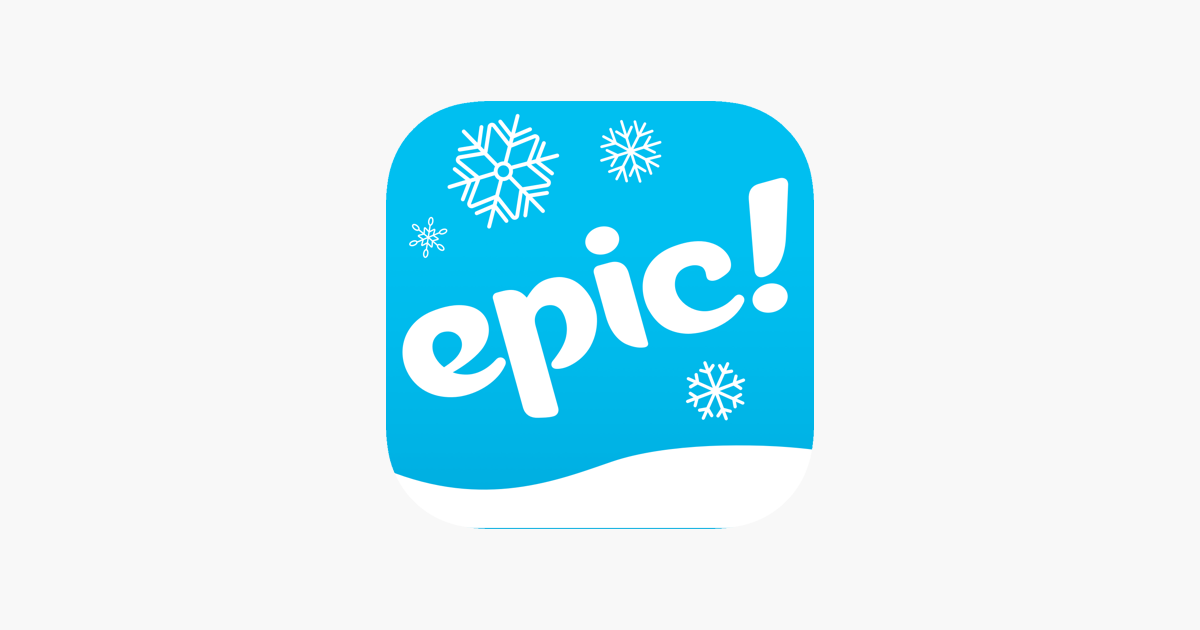
The term, which means 'little epic', came in use in the nineteenth century. Another type of epic poetry is epyllion (plural: epyllia), which is a brief narrative poem with a romantic or mythological theme. Epics that attempt to imitate these like Milton's Paradise Lost are known as literary, or secondary, epics. One such epic is the Old English story Beowulf. The first epics are known as primary, or original, epics. Many probably would not have survived if not written down. Nonetheless, epics have been written down at least since the works of Virgil, Dante Alighieri, and John Milton. Oral poetry may qualify as an epic, and Albert Lord and Milman Parry have argued that classical epics were fundamentally an oral poetic form. The first epics are known See also epic.Īn epic (from the Ancient Greek adjective ἐπικός (epikos), from ἔπος (epos) "word, story, poem") is a lengthy narrative poem, ordinarily concerning a serious subject containing details of heroic deeds and events significant to a culture or nation.


An epic (from the Ancient Greek adjective ἐπικός (epikos), from ἔπος (epos) "word, story, poem") is a lengthy narrative poem, ordinarily concerning a serious subject containing details of heroic deeds and events significant to a culture or nation.


 0 kommentar(er)
0 kommentar(er)
